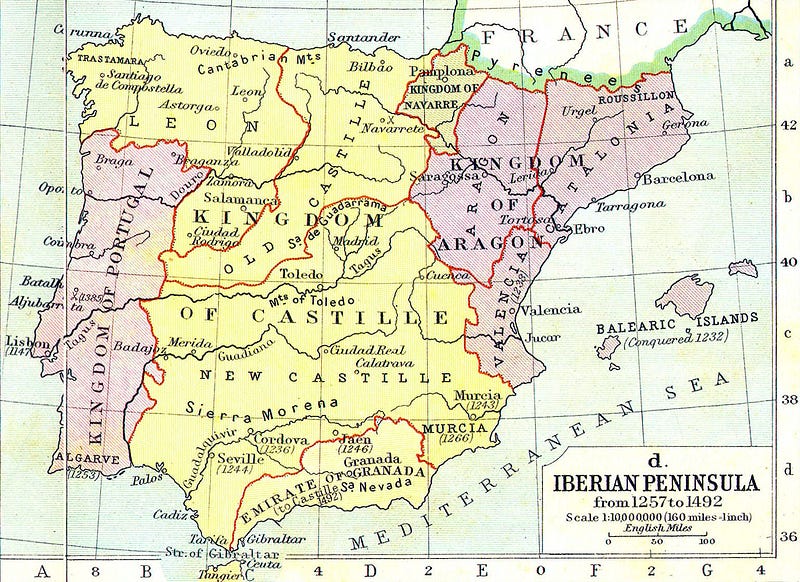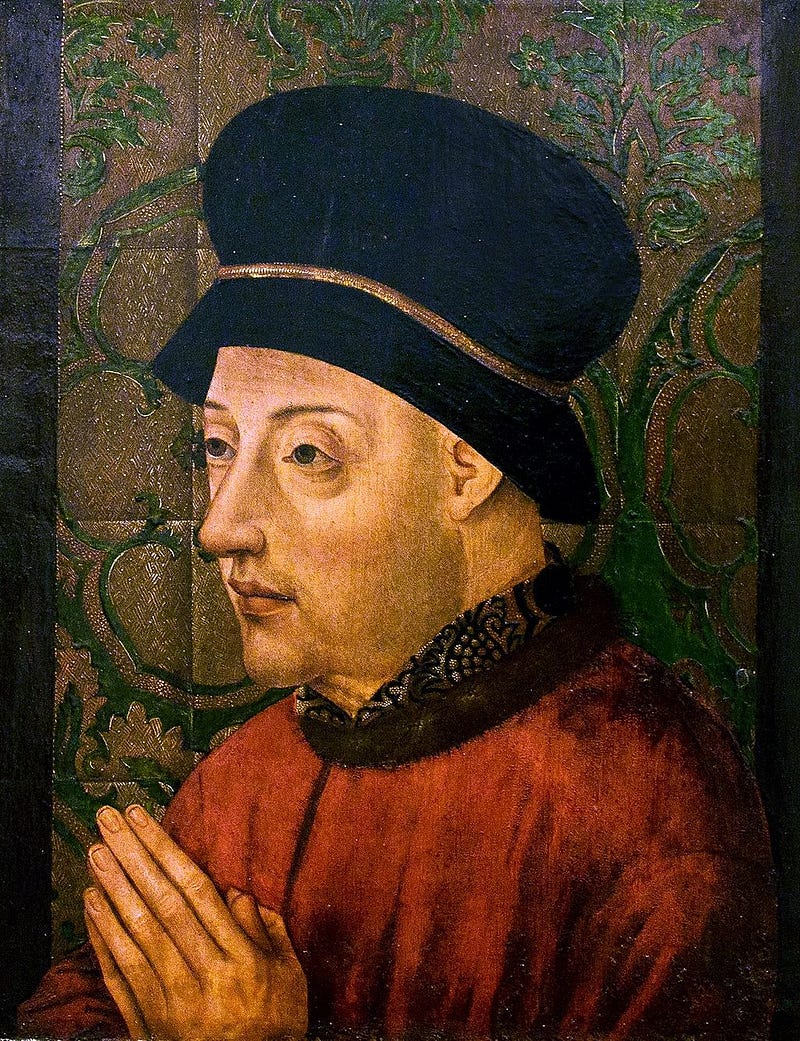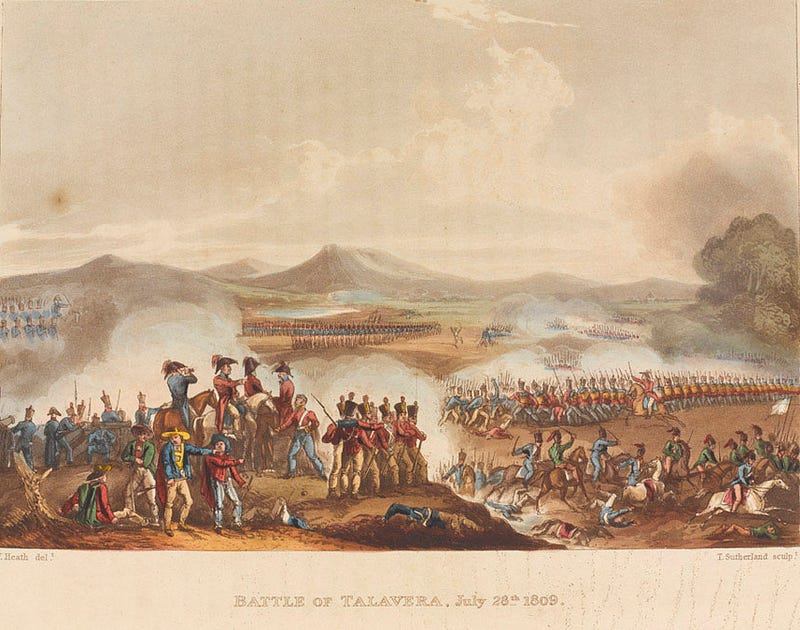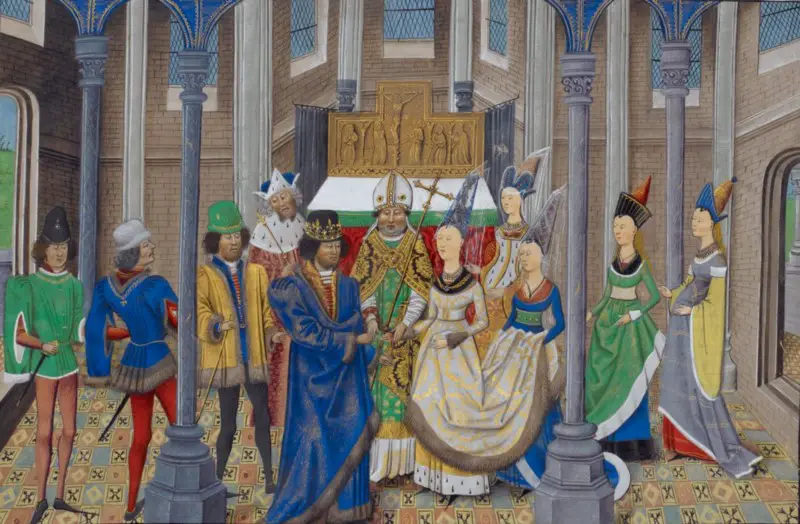 lliances between countries are one of the oldest forms of geopolitical interaction. Most come and go as time passes, and the strength and interests of each nation, empire, or group of people shifts. Multiple types of alliances exist, of which the most of note are military alliances (e.g. NATO) and economic alliances (e.g. the Soviet Molotov plan). The type of alliance we will focus on today is a bilateral military one meaning it is a military treaty between only two nations, something we don’t really see today as many global alliances are formed by multiple nations such as NATO or the now-dissolved Warsaw Pact.
lliances between countries are one of the oldest forms of geopolitical interaction. Most come and go as time passes, and the strength and interests of each nation, empire, or group of people shifts. Multiple types of alliances exist, of which the most of note are military alliances (e.g. NATO) and economic alliances (e.g. the Soviet Molotov plan). The type of alliance we will focus on today is a bilateral military one meaning it is a military treaty between only two nations, something we don’t really see today as many global alliances are formed by multiple nations such as NATO or the now-dissolved Warsaw Pact.
Iberia
The Iberian peninsula has always been contested by multiple geopolitical entities. The fight over the peninsula goes back to the Roman times when it was invaded by the Visigoths, then by the Umayyad empire, then Reconquista’d by the Catholic Europeans, leaving behind something which resembles the borders that we know today.
In the 1300s, the peninsula was dominated by three main powers. These powers were Portugal, Castile, and Aragon, the weakest of which was Portugal. Due to this imbalance of power on the peninsula, the isolated Portugal sought powerful allies to ensure their independence from the might of Castile. This is where the United Kingdom (then the Kingdom of Britain) came in.

Britain had a history with Portugal even before Portugal sought an alliance with them. The most significant of these moments was during the Siege of Lisbon, where English crusaders, as well as other northern European crusaders, stopped during their journey to the holy land to help the Portuguese retake control of Lisbon, something which they did successfully. With such a long history behind their friendship, as well as shared hate for the Spanish (then Castilians), the Portuguese decided that they wanted to make the friendship between the two countries official.
The Treaty of Windsor
On 9 May 1386, the Kingdom of England and the Kingdom of Portugal signed the Treaty of Windsor. This treaty stated that:

The military treaty was legitimized through the marriage of Philippa of Lancaster (the daughter of the Duke of Lancaster) and King John of Aviz (the king of Portugal at the time). Since its signing in 1386, the two independent nations would not go to war against one another.
The caveat of independence has to be applied as Portugal once fell under the personal union (basically being inherited) of Castile during the Iberian Union era from 1580–1640, during which Portugal was forced to fight against Britain during conflicts where Spain was also involved most notably during the Dutch–Portuguese War from 1602 to 1663 and the Anglo-Spanish War from 1585 to 1604.
Otherwise, except for this 60-year exception, each nation aided the other when required. England helped Portugal once it broke free from the Spanish crown, aiding in the country’s defense during multiple conflicts. On the other hand, Portugal would show their support, most notably during the world wars and the Napoleonic Wars.
During the world wars, supply and manpower help was given to the UK by Portugal. During the Napoleonic Wars, Portugal acted as the gateway to Europe for the British. This statement is twofold, as Britain was blocked both economically and militarily from the European mainland. Economic restrictions were placed on the UK by Napoleon through the Continental system, which disallowed any European country to trade with the UK, a rule which Portugal breached successfully, allowing British goods to enter Europe. Portugal also acted as the perfect springboard for a British invasion of France through Spain at the end stages of the Napoleonic wars.

The alliance continues to be active, although it is no longer bilateral. The alliance survives through both Portugal and the UK being part of NATO, continuing more than 600 years of mutual cooperation and alliance between the two western European countries.

Student of Philosophy, Politics and Economics. History fanatic. Contact: aneculaeseicg@gmail.com





